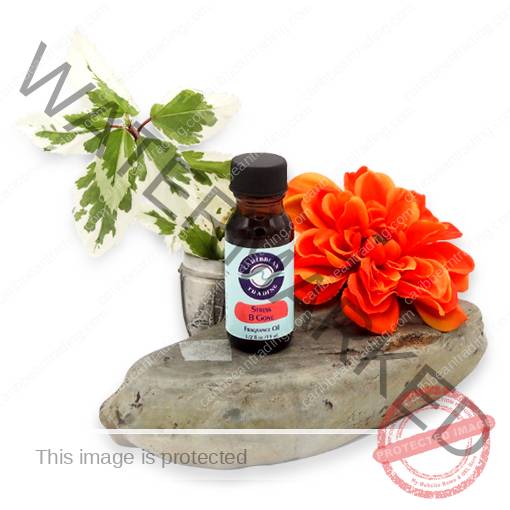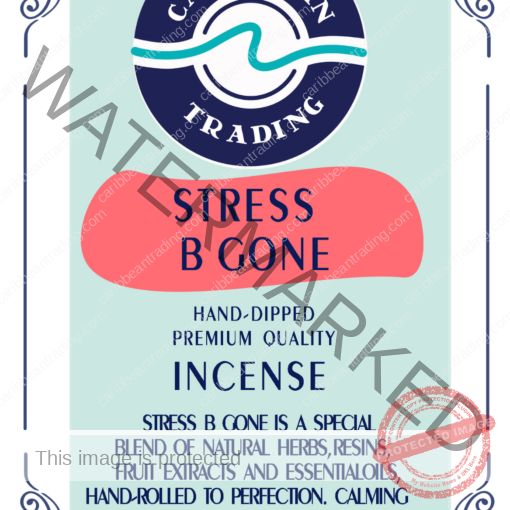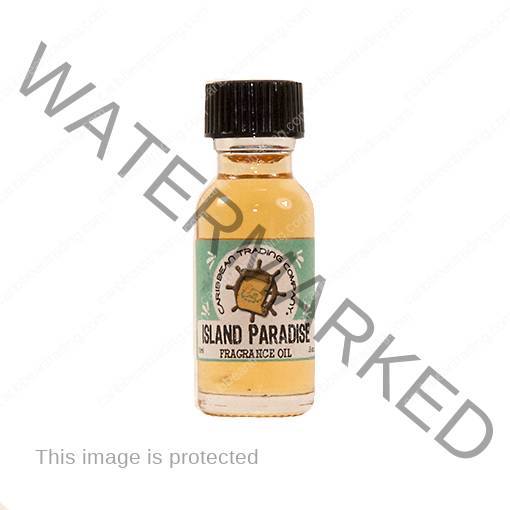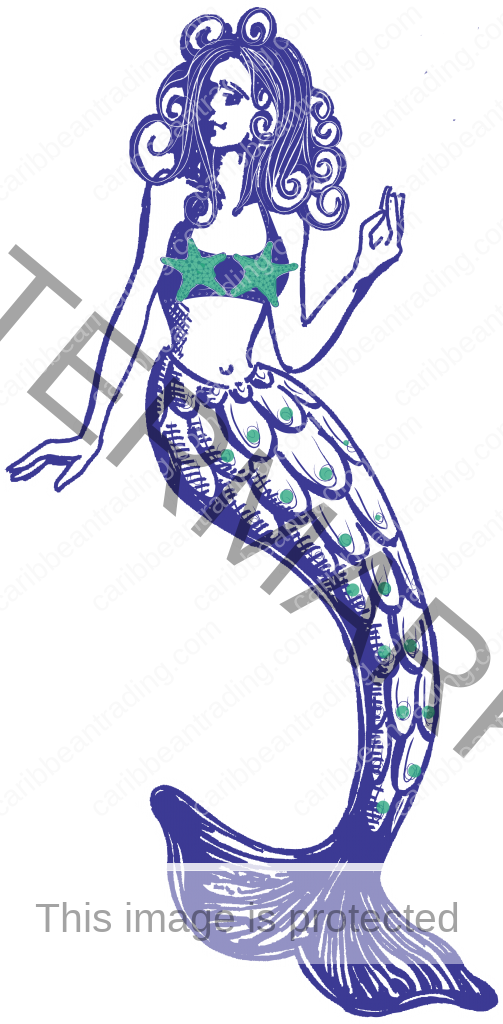Caribbean Travel Tips
Tips for Managing Stress While Traveling on a Cruise
Cruising is often seen as the epitome of relaxation. The endless views of the ocean, exotic destinations, and the luxury of having everything taken care of can make it the ideal vacation. However, for many, the act of traveling itself can introduce stress, particularly on a cruise where everything from mealtimes to excursions is pre-scheduled.
Whether it’s navigating through crowded ports, adapting to a new routine, or simply the anxiety of being away from home, cruise travel can be overwhelming at times. This article will offer practical tips for managing stress while cruising, including relaxation techniques, tips for dealing with onboard anxieties, and the use of herbal remedies.
1. Plan and Organize Ahead of Time
The first step in reducing cruise-related stress is planning. Having a well-thought-out itinerary can minimize the chaos that often accompanies a trip. Before departure, research the cruise line, ship layout, and ports of call. Understanding what to expect from the cruise itinerary will help you anticipate possible stress points, like long excursions or crowded destinations.
Consider booking dining times and shore excursions ahead of time. This avoids last-minute decisions, which can be stressful. It’s also wise to pack with care, ensuring you have all essentials like medication, appropriate clothing, and travel documents. Packing ahead can prevent the panic that comes with realizing you’ve forgotten something important after you’re already at sea.
2. Stay Mindful of Your Schedule
While cruises offer a variety of activities and entertainment, don’t feel pressured to do everything. One common stressor is trying to fit too much into a single day. There’s often a temptation to squeeze in multiple excursions, shows, and onboard activities, but this can leave you feeling drained instead of refreshed. It’s okay to take a step back and allow some downtime in your schedule.
Build periods of rest into your itinerary. Cruises often offer spas, quiet lounges, or peaceful spots on deck where you can recharge. Allow yourself the freedom to skip activities if you’re feeling overwhelmed, as over-committing can turn what should be a relaxing vacation into a busy chore.
3. Prepare for Motion Sickness
For those not accustomed to being at sea, motion sickness can be a significant source of anxiety. Even experienced travelers can find themselves unexpectedly affected by the gentle rocking of the ship. To avoid the physical and emotional toll of seasickness, come prepared with remedies. Over-the-counter medications such as Dramamine or sea bands can help, as well as natural treatments like ginger, which has been shown to reduce nausea.
Select a cabin in the middle of the ship, which is typically the most stable part. Having a room with a window can also help alleviate the queasy feeling some experience when they can’t see the horizon.
4. Practice Relaxation Techniques
Even on vacation, stress can creep in, particularly when you’re in an unfamiliar environment. A great way to combat this is through relaxation techniques. Simple practices such as deep breathing, progressive muscle relaxation, or guided meditation can calm nerves in moments of anxiety. Some cruise ships even offer yoga or meditation classes as part of their wellness programs.
Breathing exercises are particularly effective and easy to incorporate into your routine. Whenever you start to feel stressed, pause for a moment, close your eyes, and take a deep breath. Inhale slowly for a count of four, hold for four, and exhale for a count of four. Repeat this process several times to lower your heart rate and clear your mind.
5. Manage Social Pressure
Cruises are social environments by nature, and for some, this can be a source of anxiety. Whether it’s the constant interaction with fellow passengers or the structured nature of group excursions and dining, the pressure to be social can take its toll. If you’re someone who needs more solitude, it’s essential to find ways to recharge away from the crowds.
Take advantage of quieter areas on the ship such as the library, adult-only sections, or your private balcony. These spots can offer refuge from the bustling activity, allowing you to unwind without feeling pressured to engage. Remember that it’s okay to decline invitations to group dinners or other social events if you’re feeling overwhelmed.
6. Herbal Remedies for Relaxation
Herbal remedies have been used for centuries to manage stress and promote relaxation, making them an excellent addition to any travel experience. While many herbs offer calming benefits, four stand out for their ability to reduce anxiety and encourage a sense of well-being: kava, chamomile, lavender, and passionflower.
Kava: what is kava? is one of the most well-known herbs for stress relief. Originating from the South Pacific, it has been traditionally used in ceremonial contexts to promote relaxation and a sense of tranquility. Kava works by affecting brain receptors associated with mood, helping to reduce anxiety without affecting cognitive clarity. It is commonly consumed as a tea or supplement, offering a natural way to wind down after a busy day. However, it’s important to use kava in moderation due to potential liver side effects with excessive consumption.
Another widely appreciated herb is chamomile, known for its gentle calming properties. Chamomile tea, in particular, is an ideal beverage for those seeking to ease stress or improve sleep. Its anti-inflammatory and mild sedative effects make it perfect for those needing to unwind in the evenings. Chamomile is easily accessible and can be brought along in tea bags, making it a convenient option for cruise travelers.
Lavender also stands out as a popular choice for relaxation. Frequently used in aromatherapy, lavender essential oil can be applied to the skin, diffused in a cabin, or even added to bathwater. Its calming scent is widely known to reduce anxiety and promote restful sleep. A small bottle of lavender oil or lavender-infused pillows can create a peaceful environment, making it easier to relax in the sometimes hectic atmosphere of a cruise ship.
Finally, passionflower is another effective herb for reducing stress. Known for its ability to calm the mind and improve sleep quality, passionflower increases levels of gamma-aminobutyric acid (GABA) in the brain, which helps to lower brain activity and soothe nerves. It’s especially helpful for those who experience racing thoughts, making it an excellent choice for travelers looking to ease into a restful night after a day full of activities.
7. Stay Active
Physical activity is a natural stress reliever and is easy to incorporate into your cruise experience. Most cruise ships are equipped with gyms, pools, and jogging tracks, offering plenty of opportunities to stay active. Even something as simple as walking the deck or taking the stairs instead of the elevator can help reduce stress by releasing endorphins.
Beyond the gym, many cruises offer dance classes, Zumba, or even rock climbing walls. These activities not only help you stay fit but can also serve as a fun distraction from stressors. Shore excursions often involve physical activity as well, like hiking, snorkeling, or biking, allowing you to stay active while enjoying your surroundings.
8. Practice Digital Detox
Cruise travel is an ideal opportunity to disconnect from the constant barrage of emails, social media notifications, and news updates. While many cruise ships offer internet packages, taking a break from technology can be a profound way to reduce stress and fully immerse yourself in the experience. Instead of checking your phone or tablet during downtime, engage with your surroundings, pick up a book, or simply enjoy the view.
By reducing your screen time, you give yourself the mental space to relax and recharge. If going completely offline feels too extreme, consider setting designated “tech-free” times during the day when you won’t check your devices.
9. Stick to Healthy Eating Habits
While cruises are famous for their endless buffets and indulgent dining options, it’s important to maintain a balanced diet to keep stress levels low. Overeating or consuming too much sugar and caffeine can lead to energy crashes and mood swings, which contribute to feelings of anxiety. Focus on incorporating fresh fruits, vegetables, and lean proteins into your meals to keep your energy steady and your mind clear.
It’s also crucial to stay hydrated. Dehydration can lead to headaches, fatigue, and irritability. Always have a water bottle on hand and be mindful of your alcohol intake, as drinking in excess can exacerbate stress and disrupt sleep.
Conclusion
While cruise vacations are meant to be relaxing, they can also come with their own unique stressors. By planning ahead, managing your schedule, staying active, and incorporating relaxation techniques, you can significantly reduce stress and enjoy a more peaceful experience. The use of herbal remedies and practicing mindfulness can provide additional relief, ensuring that your time at sea is both rejuvenating and enjoyable. By taking a proactive approach to managing stress, you can fully appreciate the beauty and tranquility that cruising has to offer.







